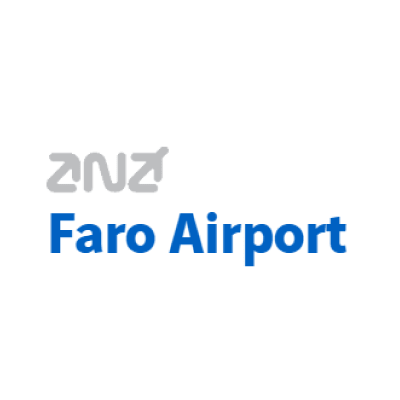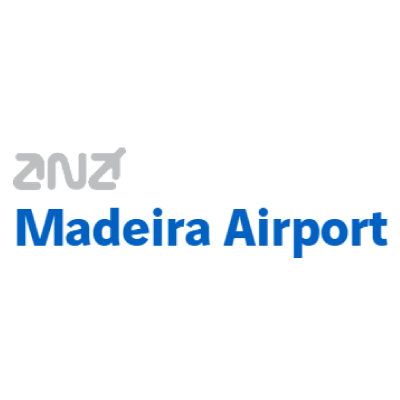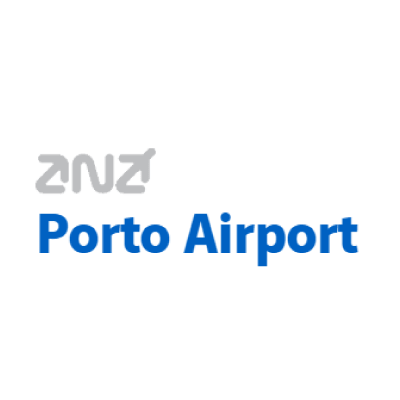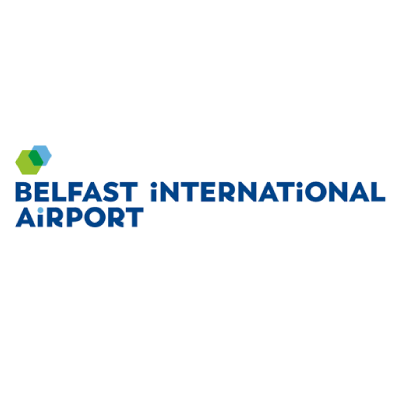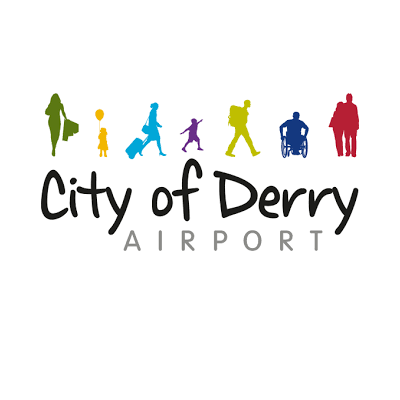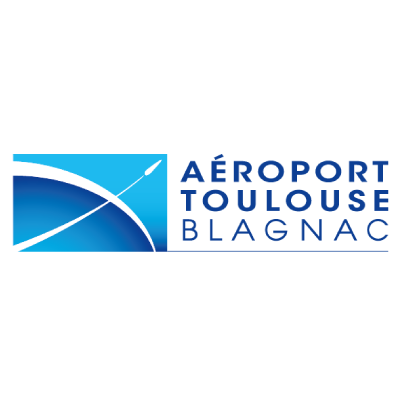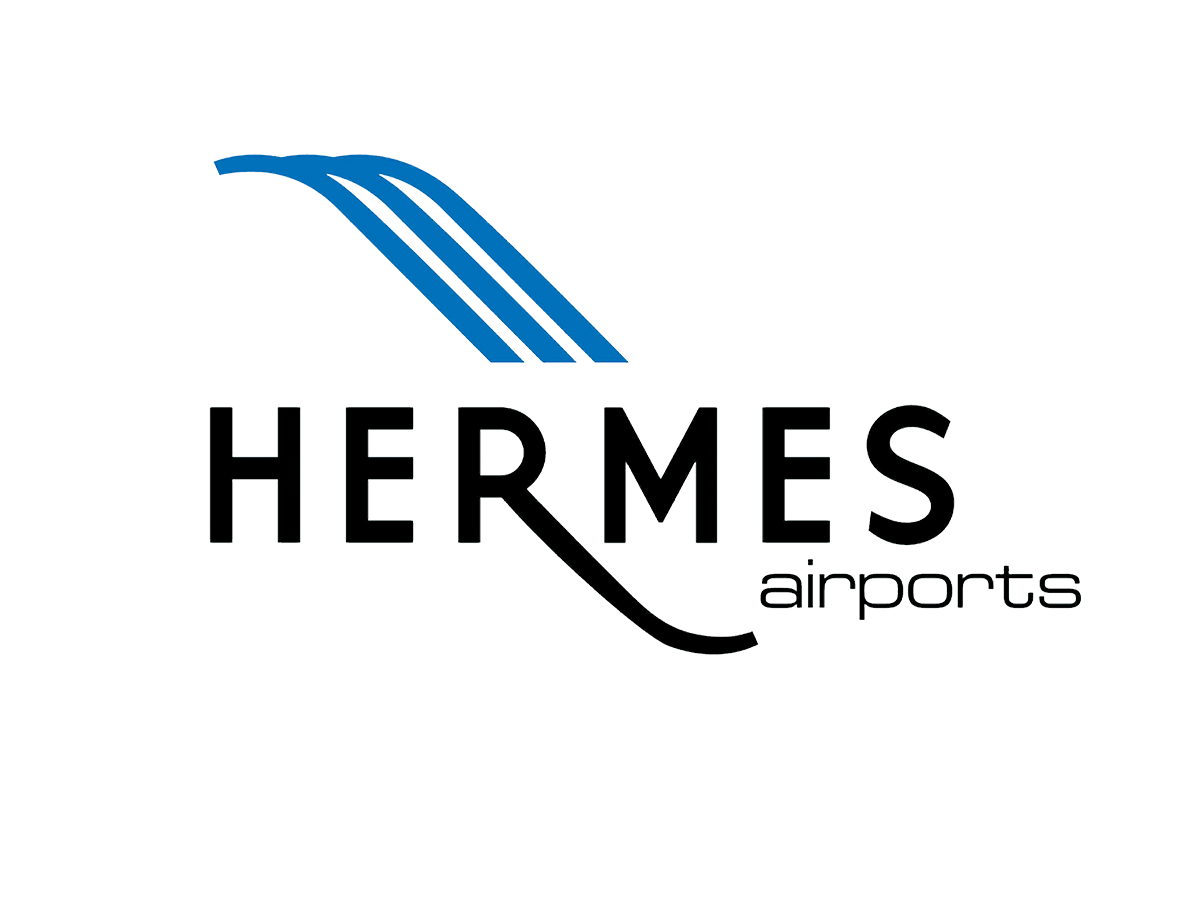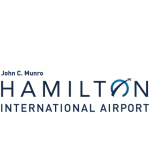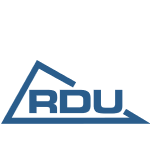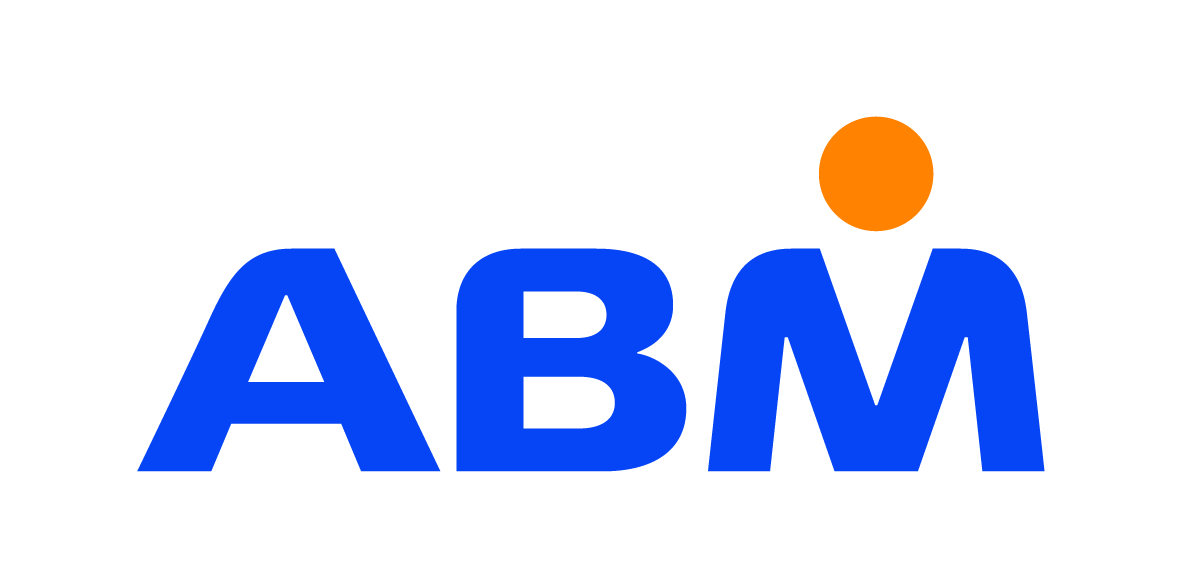In the age of ecommerce, customer relationship management (CRM) is big business. So much so, that CRM software is now the biggest software market globally and is expected to reach more than $80 billion in revenues by 2025.
This growth is largely down to accessibility. More and more companies want access to their customers’ data in real-time, with mobile and cloud solutions paving the way.
Growth is also due to competition in the digital landscape and CRM’s huge advantages for customer-facing (B2C) businesses such as airports. Customers have come to expect a personalised experience in every area of retail and service, and when they don’t get it, they vote with their feet.
What is CRM?
CRM software is a system that by nature enables a business to nurture relationships with customers and prospects, drive sales and sustain long-term profitability. The software collates streams of customer data to produce reports and insights that help form better business decisions.
Previously, customer information would have been stored manually, in handwritten notes and card index files (like the 1950’s desktop system Rolodex). However, today, with businesses rapidly expanding and the rise of ecommerce making complex customer data more available, the task of managing customer relations in this manner is far too complicated and time-consuming.
The History of CRM
The early 1980s: Databases were stored on individual computers.
The late 80s: Contact management software offered data storage and basic insights into customers and businesses’ interactions with them.
The early 90s: The development of Sales Automation software helped companies refine their sales processes and increase productivity.
1995: The term Customer Relationship Management was coined. CRM was installed on individual computers and updated and maintained manually.
The late 90s: CRM was transformed by Software as a Service (SaaS) – web-based or on-demand programs accessible via the internet without installing or maintaining software. We saw the launch of the first mobile CRM solutions, and in the early 2000s, we saw a shift to ‘the cloud.’
Today CRM is more social and mobile-friendly. With the help of ‘big data,’ it’s now more about understanding customer data to create actionable information. CRM can now support businesses with running targeted campaigns, reducing sales time, increasing customer experience and loyalty, and predicting accurate ROI.
How does CRM help B2C operations?
B2C businesses such as airports generally have a large number of customers with relatively small amounts of money changing hands per sale in comparison to B2B businesses.
When you have a large customer base, it can be tricky to track each individual’s purchase and browsing history, behaviour and preferences. It’s also functionally impossible to create targeted, personalised digital marketing messaging for each customer without the assistance of technology. And that’s where CRM software comes in.
CRM gives B2C businesses like airports the opportunity to connect with customers and prospects more personally through targeted marketing and social media posts. This approach can significantly improve customer acquisition and retention, shifting focus from transaction to interaction.
Because most CRM platforms are cloud-based, they also offer scalability meaning businesses of all sizes can benefit.
A Capterra survey of CRM users found that the two aspects of business most improved by introducing CRM were customer retention and customer satisfaction. B2C CRM software makes it possible to build genuine connections with individual customers, and these connections are the key to the success of a customer-facing business.
How does it work?
CRM solutions draw data from integrated platforms used by multiple departments within a business and keep it organised. CRMs collate data from sales, marketing and customer service departments to provide accurate, accessible, actionable insights and analytics.
Why do airports need CRM?
Think about the millions of people moving through an airport terminal every day. Most passengers will have bought their flights, parking and holiday add-ons through an external airline, travel agency or online parking company. As a result, the airport has little knowledge of the strangers passing through its terminals. Customer data remains with the external providers, and valuable parking and ancillary revenue opportunities are lost.
But it doesn’t have to be that way. With a powerful ecommerce solution, like the Rezcomm Marketplace, customers can book, reserve and manage their entire journey in one place – your airport’s website.
In 2003, Manchester airport introduced a CRM system to boost sales and improve customer contact. This software came as part of ongoing initiatives for Manchester Airport, which also developed touchscreen public information kiosks in its new ground transport interchange. The software enabled the logging of all customer activity and informed better decision making for the airport to promote flight routes to airlines, sell retail space and manage relationships.
CRM platforms offer 44% more leads, 45% more customer retention, 52% faster integration of business apps and a 37% increase in sales revenue. Additionally, CRM improves operational efficiency, reducing daily business decisions and workload.
Targeted marketing communications
With increased competition between airports for business from airlines and overlapping catchment areas, the need for effective targeted marketing communications is greater than ever before.
There are also opportunities to capture revenue from ancillary services such as parking, retail, and food and beverage concessions, made possible by getting to know the customer.
A CRM system has powerful segmentation features that can group passengers according to their location, frequency of travel, short or long haul, motivation to travel, and average wallet spend. This information helps to craft personalised, targeted, timely communications.
For example, a business traveller who always flies 1st class is likely interested in a new luxury lounge or parking service. A retired couple travelling to their annual sunshine getaway on a budget airline might be interested in a special offer for a meal at the airport. To give the best value, these two customers should not receive duplicate marketing emails or offers—rather personalised recommendations that speak to their travel preferences and requirements.
Creating targeted marketing communications is a breeze with the Rezcomm Marketplace. Unlike your average CRM, our plug-and-play marketplace comes with a host of powerful Customer and Marketing modules integrated with your airport website to deliver the ultimate personalised experience.
Rezcomm’s powerful ecommerce CRM supports airports in managing customer data and communications such as customer contact info, purchasing behaviour, and feedback. As airports often have little face-to-face contact with customers, our solutions help bridge the gap efficiently and effectively. Save time, anticipate customer needs, deliver hyper-personalised communications, reward loyalty, and ultimately, improve customer retention.
Airport loyalty programs
A loyalty program helps airports gather valuable customer data and insights into customer behaviour, buying habits, preferences and value.
Members earn points when they purchase goods and services either at the airport or through its website. They also have the chance to take advantage of VIP services and special offers at the airport. Rewards differ from one airport to another, but special services like fast-track security and discounts for shopping, airport parking or onward ground transportation are popular amongst loyalty program members.
Create a bespoke reward scheme for your airport with the Rezcomm Marketplace. Our Loyalty & Rewards module can be integrated with your CRM to sync with customer activities in real-time and create specific reward workflows.
Reward customers for their purchases and feedback to keep them coming back for more. Exclusive, personalised offers driven by your CRM data can go a long way in creating loyal customers and increasing their lifetime value.
CRM at Allgäu Airport Memmingen
Previously, a third-party aggregator was in control of Memmingen Airport’s parking. However, the airport wanted to regain control of its car park bookings to grow parking revenue and improve the passenger experience. The customer experience needed to reflect the airport’s branding and service offering to engage passengers with ancillary products and services, building strong customer relations.
Memmingen Airport engaged the Rezcomm Marketplace in January 2018 and saw an increase in non-aeronautical revenue in just a few months. In addition to parking reservations, the advanced CRM and reporting capabilities moved the airport’s customer relationships and revenue potential to a whole new level. As a result, sales increased through a combination of carefully managed product selection and a smart booking journey.
Thanks to the CRM functionality of the Rezcomm Marketplace, Memmingen has seen record increases in ancillary sales and email marketing click-through rates.
CRM at Exeter Airport
Exeter Airport also wanted to take greater ownership of its pre-book sales and digital engagement, moving away from a system offered by the parking operator that managed its car parks. It required a more customer-centric approach with greater customer engagement and a user-friendly experience to reflect the airport’s brand and identity.
The airport wanted to build a stronger product offering, adding products and services beyond parking, which would, in turn, improve non-aeronautical revenues. Rezcomm recognised that the key to achieving Exeter Airport’s revenue potential lay in deploying an effective digital communication strategy, fully managed by Rezcomm’s in-house marketing experts.
Now the airport can provide a fully joined-up digital environment for its customers and take control of all distribution channels, including airlines, third-party aggregators, re-sellers and travel agents to achieve the best commercial results.
The reports and analytics functions within the Rezcomm Marketplace have helped influence commercial decisions to maximise revenue and reduce operational inefficiencies and third-party vendor costs
CRM offers many advantages for airports: A clear competitive advantage, heightened security in the terminal, customer satisfaction and improved operational efficiency. With so many benefits, cloud-based solutions like Rezcomm provide a cost-effective way for even small airports to reach their full potential.
Discover the CRM benefits of the Rezcomm Marketplace for yourself. Get in touch to request a copy of our brochure and book a meeting.

